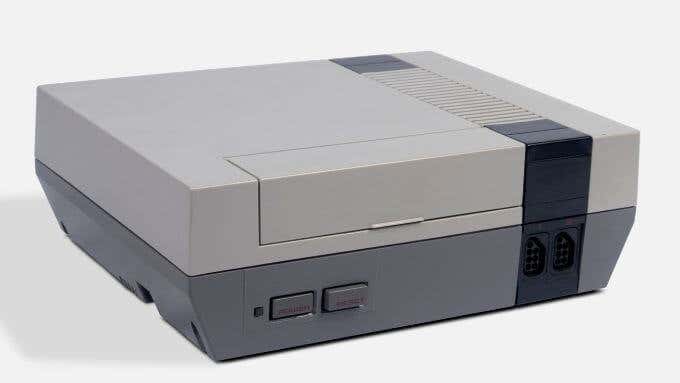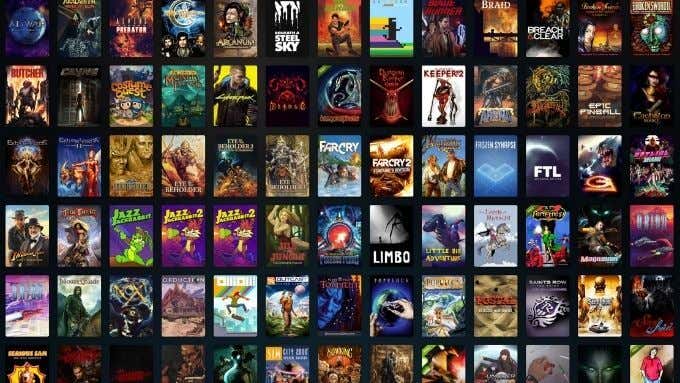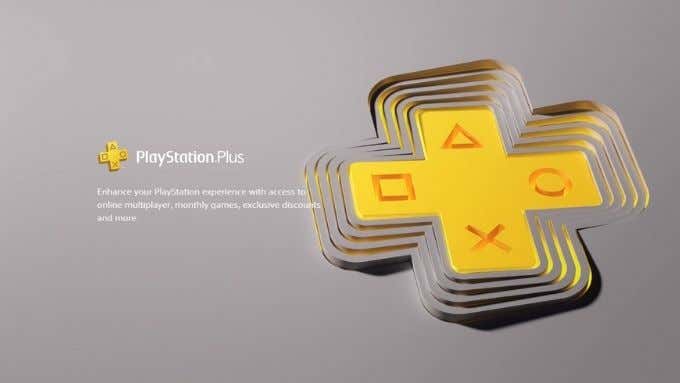We’re going to touch on ten of the most important differences when it comes to PCs vs. consoles, making it easy to choose which one is right for you.
Consoles Are Easier for Gamers Who Aren’t Tech-Savvy
A console is designed to be a piece of consumer electronics, like a toaster or a DVD player. You launch a game on your console and you start playing the game. You don’t need to know anything about the technology inside the console, how the game works on a technical level. Just play and enjoy your game.
Console Hardware Is Less Expensive
If you had to buy a computer with comparable specifications to the latest Playstation 5 and Xbox Series X consoles, you’d end up with a bill that’s much higher on the PC side of things. The initial cost for console gaming is much lower than a PC. If you limit yourself to only the price tag of getting the machine itself into your home, consoles are the clear winner. Of course, in reality things are more complicated than that. For a more complete discussion check out Is A Gaming PC Really More Expensive Than A Console?
Consoles Have Limited Functions
Consoles are video game machines. A modern console can play games, browse the internet, run apps such as Netflix and play DVD or BluRay discs. On a PC, you are free to install whatever applications you like, an Office suite, emulation software, or video editing tools, to name a few. Consider that many people need a PC for other purposes such as work. It might make more sense to consolidate your gaming and non-gaming activities into a single device.
Console Games Can Be More Expensive
While this isn’t always true for some cross-platform games, console games tend to have higher prices, especially over time because of platform license fees and a lack of digital storefront competition. Digital PC games are sold by multiple competing companies. Price drops and sales tend to be deeper and more frequent than with consoles.
Consoles Are Reliable and Punch Above Their Weight
Consoles are much less complicated than PCs because they have a fixed operating system and hardware platform.The console maker is in full control and users are locked out of system-level changes, thus implying that things don’t just randomly go wrong with a console. A PC might be suddenly crippled by a driver update, Windows Update or a virus, among other things.
PCs Have Better Backwards Compatibility
Backwards compatibility between console generations is a hit-and-miss affair. For example:
PS5 is compatible with PS4 games, but not PS3, PS2 or PS1 games. On Xbox, there’s compatibility all the way back to the original Xbox, but not for every single game.On PCs, you can play any game you like all the way back to the very first games. It may take some work to get old titles running, but there’s almost always a way to do it. PCs can emulate games from consoles, so it really does offer the widest selection of titles on a single machine.
PC Hardware and Game Settings Are More Flexible
Console designers carefully choose what hardware goes into their machines, but they might have different priorities than you do. If you prefer high-frame rates over 4K visuals, you might configure your PC with a better CPU and a more modest GPU, for example. The same goes for in-game settings. On a console you don’t have control over how a game spends the hardware budget available. On a PC, you can change the settings of a game to match what you want to get out of it.
PCs Lack Physical Games
While consoles are slowly heading for an all-digital future, right now you can still buy games on disk. When you’re done, you can resell them. You can also buy used console games, which can be very cheap if you get a good deal. Most PCs don’t have disk drives anymore. And even if you bought a PC game on disk, it’s likely a single-use copy with a code that gets permanently tied to an online service.
PC Gaming Has Fewer Hidden Costs
Since PCs are an open platform, you won’t have to pay for basic services like you do with online gaming. On a console, subscription services aren’t really optional anymore. You need them for multiplayer, cloud saves, and to access the best game discounts. While console subscription services are usually worth it thanks to those deals and the included free games, it’s still unfortunate that you don’t get the choice to cut this particular cost.
PCs Have Better Peripheral Options
Console makers have right controls over who gets to make gamepads and other peripherals for their systems. On a PC, you have an incredible range of products to choose from. Keyboards, mice, gamepads, joysticks, and racing wheels come from many different companies at various prices and quality levels. This makes it easy to build exactly the sort of setup you want at a budget level you’re comfortable with.
PC vs. Console: Which Should You Buy?
As you can tell, when it comes to PCs vs. consoles there’s no clear-cut winner. What matters is:
how much you care about choice, getting the cutting edge gaming experience, and whether you have tolerance for the more technical aspects of PC gaming.
That being said, PC gaming is a lot easier these days and most new games automatically configure themselves for your hardware. The choice is ultimately yours, but now you have a handy list of strengths and weaknesses to help you make the best decision for your needs.



